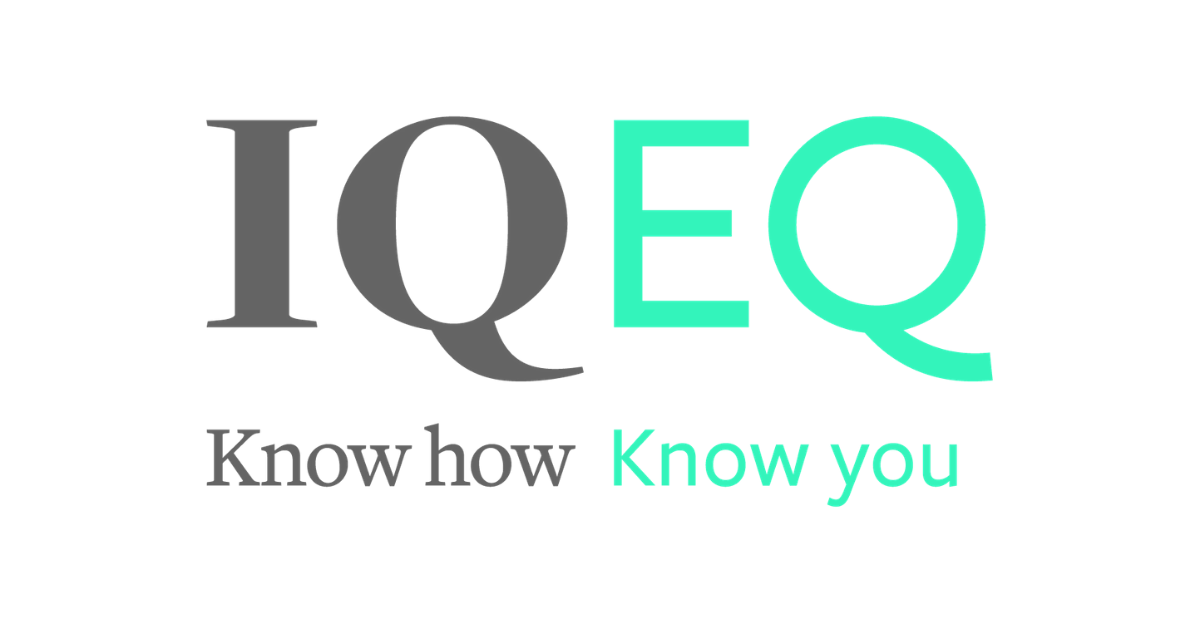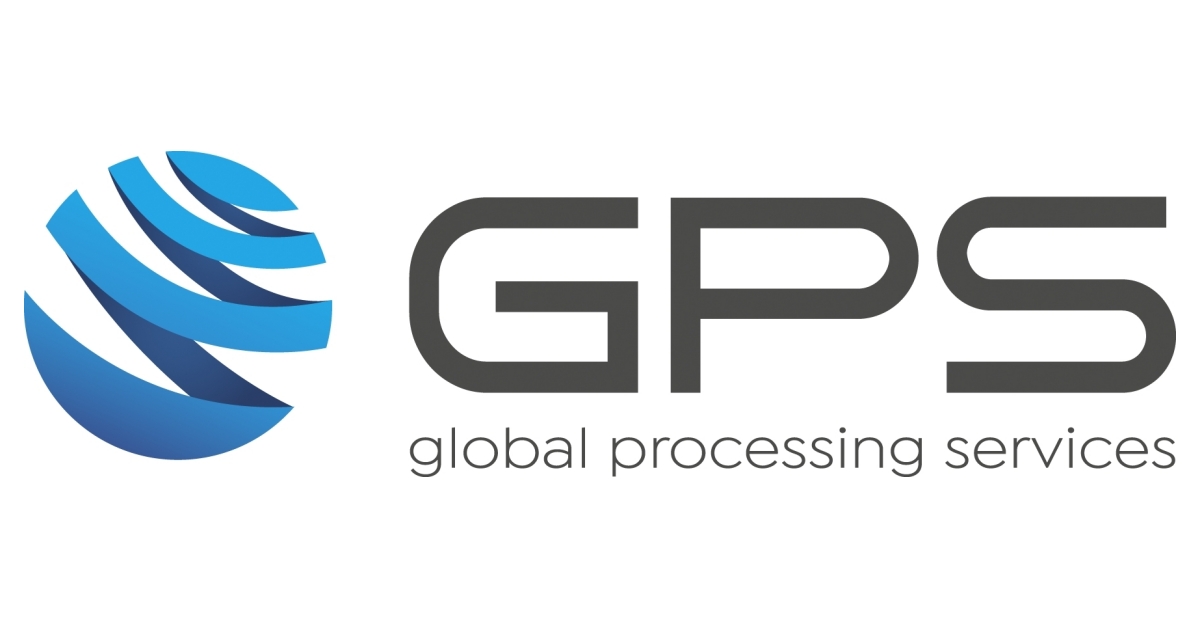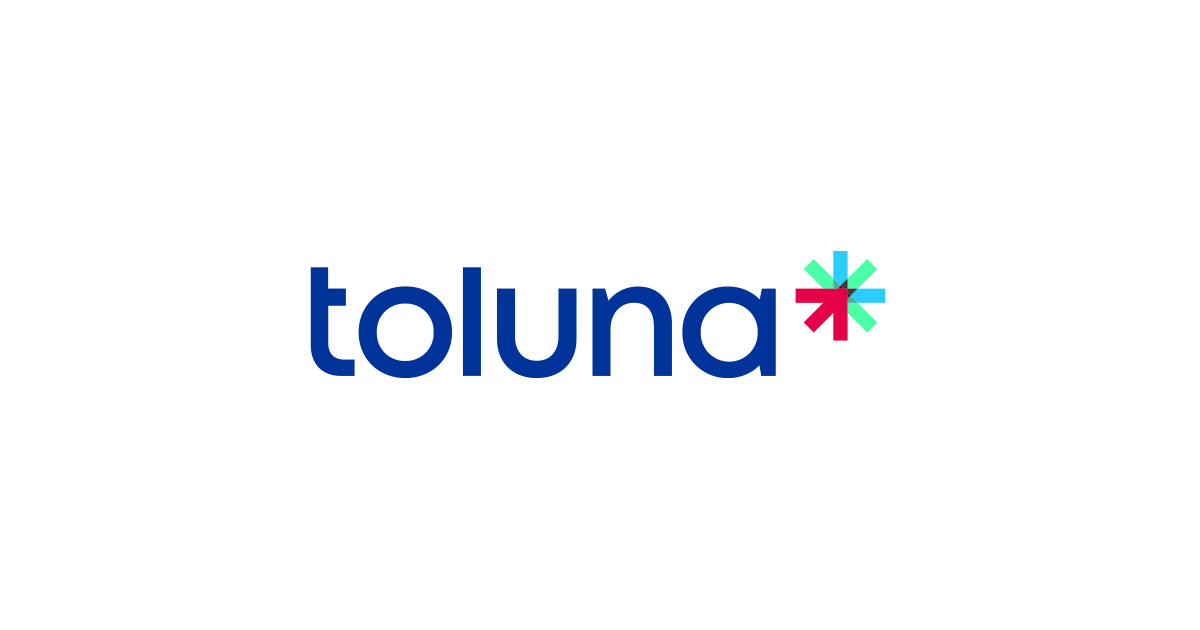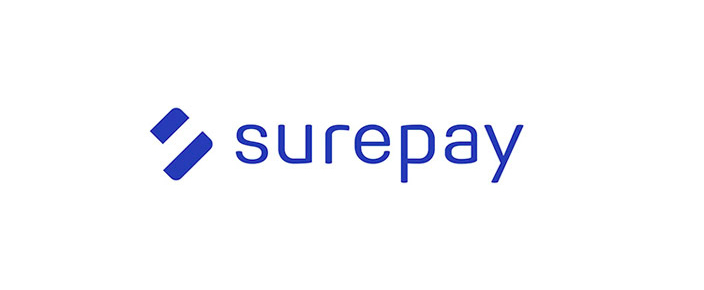Published
- 01:00 am

Mitsubishi Group (MUFG) the second largest banking and finance group in the world has injected another $120 million investment into the Mars Growth fund, a 50/50 joint venture owned by MUFG and Liquidity Capital. MUFG has a broader strategic relationship with Liquidity and this latest investment represents their cumulative investment of $220 million to date.
Mars Growth Capital provides debt financing solutions to technology companies in Asia Pacific and Europe. Since its inception one year ago, the fund has recorded exceptional performance through ten transactions to the value of $80 million, executed across Asia, Australia and Europe, with demand exceeding $2 billion during this period.
Through its strategic collaboration with MUFG, Liquidity is focussed on revolutionizing the credit underwriting process for the business sector. Recognizing the challenges for high potential companies to secure non-dilutive capital from traditional financial institutions, Liquidity developed DYNAMiCS, a world-first, machine learning platform that can perform fast and thorough, data-driven due diligence on companies to assess their performance and growth potential.
DYNAMiCS uses algorithms to accurately predict future revenues, cash balances and other relevant financial covenants unique to technology business. Each of Liquidity’s four funds, including Mars Growth Fund, use the platform to inform their investment decision making, oftentimes in a process that takes less than 24-hours to complete.
Liquidity Group has provided over $750 million during the last year to over 50 growth companies across USA, Asia Pacific, Europe and the Middle East, including top unicorns such as eToro, Homer, Resident, Infinidat, Acronis, Infra.Market, and others. Its financing ranges from $5 million to $100 million, and is committed to 24-hour due diligence using its first of a kind platform - DYNAMiCS.
Ron Daniel, Liquidity CEO, said: “MUFG's ongoing investment in our funds is a vote of confidence in our technology, capabilities and potential. Mars Growth Capital’s performance to date is a reflection of the strength of our methodology of combining our team’s professional investing expertise with our bespoke DYNAMiCS technology solution. We are excited to continue our ongoing partnership with MUFG, who shares our ethos to support innovative, technology-driven companies across key market segments.”
Rio Hiroshima, who manages Mars Growth Capital’s operations on behalf of MUFG, said, “Since launching the fund just one year ago, we have quickly positioned ourselves as the market leader in growth financing for technology companies across the APAC and EMEA regions. Market demand, coupled with our strong investment performance has enabled us to grow rapidly and increase the value of the fund to $200 million. We are excited to continue our partnership with MUFG as we continue on the same dizzying trajectory into 2022”.
Yaron Primovich, the fund manager on behalf of Liquidity said: "Our partners at MUFG believe in our value proposition, and share our ambitions to be the global leader in growth financing. We hold a unique position in the marketplace because our underwriting platform acts as a data-driven oracle to identify and assess the potential of prospect companies. DYNAMiCS can cut through masses of information to analyse the strength of different business models, end customer behaviours and financial situations, arming us with insights to determine a company's ability to meet future debt repayments.”
"In a post Covid-world, businesses across the globe are on the cusp of even greater levels of innovation and expansion, further fuelling companies' appetite for growth and debt without dilution. We are excited to play a crucial role in helping these companies optimise on this opportunity”.
In addition, Mars Growth Capital has registered high levels of demand from hundreds of companies, in less than one year since its formation.
Related News
- 02:00 am

Mike Packer joins Iliad team to bring wider payments testing adoption in key market
Iliad Solutions, a global leader in payments testing, is pleased to announce that Mike Packer has joined its team as Senior Relationship Manager – North America. Packer brings 22 years’ of payment industry experience to the role with the last decade focused primarily on payment testing.
Commenting on his appointment, Packer said: “I am excited to be joining the Iliad team as they step up the introduction of cutting edge payment testing products across North America. My primary responsibility will be to expand relationships with Iliad’s clients and active prospects, serving as a subject-matter expert around payment testing infrastructure and process. I’ll review the client’s payment infrastructure to gain an understanding of both the current state and desired state – and introduce payment testing options which align with the organization’s proposed payment transformation objectives.”
With faster payment systems growing in the region, Iliad is primed to penetrate the North America markets further through the introduction of the leading payments testing solutions on its t3 platform. The t3 platform helps financial institutions that are bringing new products and wallets to market and migrating legacy systems to ISO 20022 standards. In addition, the platform can be used to manage certification and pre-certification. This reduces the effort required by financial institutions and enables schemes to offer a self-service portal for its members prior to launching new propositions.
Iliad Solutions CEO Anthony Walton added: “A tremendous amount of payment modernization activity is currently happening within the North American market. Mike’s appointment illustrates our commitment to North America as part of our global footprint.
Financial institutions are looking for proven solutions and experienced vendors to help expedite launch of payment solutions to market. Iliad has an extensive and proven history supporting real-time payments and Open Banking. This experience, coupled with a robust, enterprise-ready testing platform, will continue to serves our North American prospects and clientele favorably.”
For more information, please visit: www.iliad-solutions.com
Related News
- 07:00 am

~ Merchants can accept e-RUPI on mPOS and Mobile App ~
Boosting ease of digital payment acceptance by MSMEs across India, Mswipe has gone live with e-RUPI for all its 6.75lakh POS and 1.1 million QR merchants. Mswipe has powered hospitals and healthcare facilities to accept the digital vouchers from beneficiaries, thereby giving a boost to the vaccination drive against COVID-19.
Earlier in August, Prime Minister Shri Narendra Modi had launched e-RUPI to provide for a digital payment solution between sponsors of services and beneficiaries.
By taking e-RUPI live on its platform, Mswipe, a leading end-to-end digital enabler for MSMEs, will power merchants to accept digital payments by simply scanning the QR or SMS string based voucher on the customers’ phone.
Ankit Bhatnagar, Head of Product, Mswipe said, “e-RUPI built on the UPI platform is a step in the direction of expanding the digital payments infrastructure in the country and in empowering businesses to accept payments in the most suitable form from their customers. This democratizes digital payments and at the same time has a tremendous potential to limit misuse of subsidies that are meant for government welfare schemes and under corporate support programmes for their employees. Providing e-RUPI is a step towards our commitment in empowering our merchants to adopt all kinds of digital acceptance methods to improve customer experience and also boost their revenue.”
Merchants can now use the ‘UPI Voucher’ feature on the Mswipe Merchant App to accept prepaid e-RUPI based payments from customers. They can accept payments on their POS terminals as well as by registering on the Mswipe Merchant App. Customers using e-vouchers will not have any dependency on carrying a card or having a bank account or even internet banking services or any digital payment for that matter as they will be able to receive the vouchers via SMS on their Aadhaar registered mobile number.
The electronic voucher can be used for government welfare programmes such as vaccination, nutrition, fertilizer subsidies among others in addition to helping corporates roll out employee benefit initiatives including reimbursement for COVID inoculation, travel allowances, business expenses and corporate social responsibility initiatives.
e- RUPI will connect the sponsors of the services to the beneficiaries and service providers through a digital interface. It will also play an important role in strengthening Direct Benefit Transfer while ensuring transparency.
Related News
- 05:00 am

SOL unveils virtual card and new brand as it redefines the customer experience
SOLmate, an online payment platform that offers clients a digital wallet facility, has unveiled an exciting new product offering together with an extensive rebrand and renewed corporate vision. Following a name change to SOLmate, the fintech has launched a new, innovative virtual card – placing unbanked and underbanked clients at the centre of SOLmate’s business offering.
The new virtual card provides clients with the ability to shop online safely, and to draw cash from various retail stores – making SOLmate one of the first fintech players to offer a virtual card to FICA lite customers who would otherwise not have had access to digital financial services.
With a new tagline of “Your money. Your life. Your way.” SOLmate aims to build a digital community platform for South African consumers that allows safe custody of money and a convenient payment platform, along with access to other financial and lifestyle products, services, and rewards.
SOLmate will offer an entry level product, created for lower income individuals with limited access to financial services, and in the coming months, will introduce a traditional bank account for unbanked consumers looking for a convenient, easy-to-use alternative.
With a SOLmate account, users can deposit their salary into their account to transact and purchase basic products and services through the app, seamlessly bridging the gap between businesses and clients.
In a tough economy, SOLmate has kept every cost to a minimum and waived many of them where possible – making it affordable and accessible for all – with accounts starting from as little as R15 per month.
Says Jonathan Holden, COO of SOLmate. “This rename and new virtual card offering represents a significant step in the company’s evolution. The positioning perfectly illustrates our growing ambition in the market and how we aim to always put our customers first above all else.”
“The SOLmate name is rooted in the company’s commitment to being the preferred choice and trusted partner to our customers. We pride ourselves in our relationships with clients and our ability to help, support and connect people to their money quickly and easily,” he adds.
Related News
- 09:00 am

TraditionDATA, the data and information services division of Compagnie Financière Tradition (Tradition), today announced major SOFR enhancements to Bloomberg Capital Markets Package (BCMP), a joint data service between TraditionDATA, CME Group and Bloomberg, that is available via the Bloomberg Terminal. Effective immediately, BCMP users will be able to access new SOFR-focused content, including USD Medium Term Swaps vs. SOFR, USD SOFR Basis Swaps and SOFR OIS Swaps data.
Following the decision by the Commodity Futures Trading Commission (CFTC) and the Alternative Reference Rates Committee (ARRC) to move to SOFR First, the updated BCMP service will provide additional regulatory robustness by focusing on SOFR as the key pricing mechanism. The LIBOR pages will remain available in a legacy form for firms that continue to utilise the outgoing benchmark.
The BCMP was launched in 2018 as an alternative to the Reuters 19901 reference page, and provides a more regulatory robust, liquid and transparent reference rate for U.S. Treasuries and interest rate derivatives. It combines firm and executable pricing from Tradition’s interest rate central limit order book (Trad-X) with similarly structured cash U.S. Treasury pricing from CME Group’s BrokerTec central limit order book.
TraditionDATA, and CME Group have been recognised by the regulatory community as leaders in the process of migrating to new Alternate Reference Rates (ARRs). To this end, the firms have re-focused this unique service on SOFR as the underlying pricing mechanism.
Scott Fitzpatrick, Global Head of Data for Tradition, said: “When markets like the new Alternate Reference Rate markets are developing it is extremely important to the trading and risk management community that informative and trusted data is available to assist in their decision-making process. In particular, as new bond issuances and loans start to move in this direction, BCMP will act as a core reference page for this process.”
Stuart Giles, Interest Rates Business Manager at Tradition, added: “Liquidity is the most crucial factor in any market and data is a key component to help facilitate that liquidity. Interest rate markets are still very much hybrid in nature, with the combination of voice and electronic trading. However, we have seen considerable success with the launch of SOFR products on Trad-X's CLOB through streamed liquidity from key banks in the market and electronic trading in products.
“We have also done, what we believe to be, the first fully electronic SOFR Spread-Over Treasury trade in the interdealer market, which is an important and encouraging sign for the transition to SOFR.”
Trey Berre, Global Head of Data Services at CME Group, added: “As the SOFR ecosystem continues to develop, market participants need access to the right data to make informed decisions and efficiently manage their risk. CME Group offers accurate and reliable data based on our deep and liquid underlying BrokerTec U.S. Treasury markets, and this enhancement to BCMP will help customers navigate the evolving alternative rates landscape with greater precision."
For more information visit www.cmegroup.com/bcmp.
Related News
- 01:00 am

| - S.A.M. Academy officially launched on 1 September 2021 - Asia Digital Financial Summit to be held on 27 November 2021 - The Financial Commission endorses Samtrade Academy as certified educational provider, Aug 2021 |
Registrations commence on 1 September 2021 via the Asia Digital Financial Summit registration link : https://promo.samtradeacademy.com/stac-adfs2021nov-en-press/. |
Related News
- 07:00 am

Global investor services group IQ-EQ, today announced that its specialist regulatory hosting and outsourced compliance business, Lawson Conner, has rebranded as IQ-EQ.
IQ-EQ completed the acquisition of Lawson Conner in 2018, adding appointed representative and AIFM solutions to its comprehensive range of existing compliance, administration, asset and advisory services for investment funds. Integrated and working seamlessly as part of the Group, the time has come for Lawson Conner to embrace the IQ-EQ brand and operate as an integral part of the Group’s overall service offering.
Speaking about the rebrand, Rachel Aldridge, Managing Director, Regulatory and Compliance Solutions at IQ-EQ, said, “As we evolve our business to better reflect our clients’ needs, our brand identity must mirror the shift. Throughout our 11-year history, we have stayed ahead of industry trends and market changes to support the strategic needs of our clients. For us rebranding as IQ-EQ is the next logical step on our journey and represents our continued commitment to helping our clients manage regulatory risk.”
John Legrand, Managing Director, UK and Ireland, added, “In today’s complex world we know that our clients are looking for a one-stop shop when it comes to investor services so making the decision to rebrand as IQ-EQ wasn’t a difficult one. Operating under a single and unifying brand name will allow us harness the strength and depth of the Group to provide our growing global client base with a holistic suite of services that saves cost and reduces time to market. We’re confident that operating as IQ-EQ will bring positive benefits to our employees and clients alike and are hugely excited about what the future as IQ-EQ has in store.”
Lawson Conner’s regulated services, delivered by its two FCA-regulated entities, G10 Capital Limited and Sapia Partners LLP will continue to operate under their existing entity names following today’s announcement.
Related News
- 03:00 am

Investments in customers and partners of the global issuer processor accounted for 13% of worldwide fintech investment in the first half of the year
Multi-award-winning payments processor, Global Processing Services (GPS), today reveals the ongoing success of its customers and partners through their collective investment figures. Worldwide, GPS customers and partners have generated $12.53 billion of investment this year through venture capital (VC), private equity (PE) and mergers and acquisitions (M&A) activity. This accounts for more than a tenth (13%) of the reported $98 billion worth of investment the global fintech industry has generated in the first half of the year.
Investments in GPS’ customers and partners totalled $11.96 billion in the UK alone, accounting for almost half (49%) of the UK fintech industry’s staggering $24.5 billion investment reported for the same period.
Investment activity shows no sign of slowing down either, with July in particular seeing several large raises amongst GPS’ customer base. Business expenses and prepaid card specialist, Soldo, and Buy Now Pay Later (BNPL) challenger, Zilch, both reported significant raises throughout the month of $180 million and $110 million respectively. When taking into account just VC and PE activity, GPS customers and partners have to date generated $2.34 billion of investment in 2021, with 59% of that activity taking place in July alone.
High-profile raises from the UK’s homegrown challenger banks have driven the majority of investment activity, with Revolut raising $800 million of funding and Starling Bank generating $376 million. Both fintechs are underpinned by GPS’ payment processing services. Payments platform, Paysafe, also completed a $9 billion dollar mega merger with Foley Trasimene Acquisition Corp II this year. Meanwhile, Visa recently agreed to a $970 million acquisition of Currencycloud, the cross-border payments specialist that GPS recently partnered with to offer a full-stack mobile FX platform, demonstrating renewed confidence in the travel sector as restrictions loosen.
GPS’ impact can be seen not only in the UK fintech ecosystem, but across the global industry. In Europe, for example, mobile wallet provider Stocard has reportedly been acquired by BNPL platform, Klarna, for around $129 million. Further afield in the Asia Pacific region, Hong Kong digital bank, WeLab Bank, secured $75 million of funding, and Japan-based Paidy achieved unicorn status after a $120 million raise.
Joanne Dewar, Chief Executive Officer at GPS, commented: “Following a turbulent 2020 for the world, these figures are a resoundingly positive sign of the resilience and huge opportunity in the global fintech industry, with notable investor appetite pointing to exciting, continued evolution for the sector. We’re immensely proud to support our customers’ and partners’ impressive growth, powering the next generation of payments with our award-winning technology and as the trusted partner they can rely on as they expand their offerings across multiple market segments. The future of fintech is most certainly global, and we are excited to help businesses of all sizes continue to deliver innovative payment experiences across the world.”
The figures reflect GPS’ ongoing commitment to global fintech, powering start-ups to tier 1 banks, from proof-of-concept to fully scaled global offerings. A unicorn maker, the company has supported multiple customers to $1 billion valuations including Revolut, Starling Bank, Paidy and more.
To find out more about GPS, visit: https://www.globalprocessing.com/
Related News
- 05:00 am

Inflation a key worry for people across the UK despite 48% of those surveyed not knowing what the current rate is
The Toluna Financial Services Sentiment Indicator (FSSI) is a bi-annual study exploring key issues related to the UK population’s personal and household finances, attitudes towards financial institutions in the UK and behaviours in relation to personal finances. The latest research surveyed a nationally representative sample of 1,081 members of the UK public.
KEY FINDINGS
Financial responsibility and resiliency
After a tough 18 months, people are starting to feel more confident about their personal finances. With limitations on where we can go and how we can spend our money, there’s been greater opportunities to save money and spend less. The pandemic has highlighted the need to become more financially secure:
- One in three (33%) said that, overall, their household financial situation has improved over the last 12 months.
- 25% of respondents said their household savings have actually increased in the last 12 months. When asked if they are looking to spend this money on a big-ticket item, such as a car, house, dream holiday or wedding etc. over the next year, over half (52%) said that they are not planning to do this.
- More importantly, 1 in 4 (24%) of those who say their financial situation worsened in the last 12 months feel optimistic about the situation improving in the next 12 months.
- When asked about their top 5 current financial worries, 1 in 4 (23%) mentioned not saving enough or not having enough savings for an emergency/rainy day.
- 23% also said that they’re worried about not saving enough or not having sufficient savings for retirement.
- Almost two fifths (38%) claim that they would have to borrow from friends and family as their savings would only last one month or less.
Worries about the economy - inflation a key worry
While those surveyed said they feel more positive about their current and near-future financial situation, the rising cost of living remains a key concern:
- 34% of respondents are most worried about the rising cost of household bills.
- A quarter (25%) cited increasing inflation as a key worry and this is clearly a ‘top of mind’ issue for people and adds to the growing pressure on the Bank of England to act.
Understandably, those who are more likely to say that they are worried about their finances are single parents with children under the age of 18 (91%), those in poor health (93%) and those who have lost a job/become redundant (97%).
But the majority of the UK public don’t completely understand inflation and are not aware of exact inflation figures
- Although many people are feeling the effects of increasing costs on household expenditure, the majority of the public are not aware of exact inflation figures. With over a decade of low inflation and a low interest environment, inflation has perhaps been a forgotten word in the UK.
- When asked if they knew the current rate of inflation, almost half of respondents said they didn’t know (48%).
- Less than 1 in 20 knew the current rate of inflation.
- When asked what is the Bank of England’s target for inflation that the UK Government has set, two-thirds (62%) were unable to answer and again most answered with an incorrect figure.
- People also don’t understand the difference between the different measures of inflation such as CPI, CPIH and RPI, with only 14% saying they are clear on what each includes.
Michael Worledge, Head of Financial Services Research at Toluna, said:
“While the pandemic has taught us some harsh financial lessons, especially around security and resilience, it also shows where we are still rather quite naïve when looking at the bigger picture from an economy point of view. It is clear that we are all going to be impacted by inflation. The commentary by the Bank of England suggests that the rise in inflation may well be a temporary or transitional change as the economies around the world emerge from an extraordinary year. There is no doubt however, especially as some estimates suggest that the rate of inflation could hit 4% by the end of the year, there is increasing pressure on the central bank to act and tame the rate of inflation. There is also pressure on the Chancellor to balance the books to pay for the biggest peace time spending that we have seen in the UK. How this influences the Government policy making is an area many in the UK are feeling both curious and anxious about.”
Related News
- 04:00 am

SurePay, inventor and leading provider of Confirmation of Payee (CoP) in the UK and Benelux, raised a €12.2 million round led by Connected Capital with Iris Capital, joining Rabo Frontier Ventures to boost the company’s international expansion.
The funding will support the hiring of new business development teams in Germany, the UK, a cross border team and new IT experts to scale the technology platform and to further develop new solutions for customers.
The company plans to launch bulk payments related products, cross border payments as well as expand SurePay PayID, a Pay Your Contacts solution, to offer new methods of secure and seamless payment services to its customers. The CoP for Organisations solution, based on its best-in-class Confirmation of Payee algorithm, will thus be made accessible across Europe.
Since its launch in 2016, SurePay has carried out four billion payment checks. Its solution helps banks and organisations avoid misdirected payments and reduce payment fraud by giving greater assurance that their payments are going to the intended beneficiary. The company estimated that its solution reduces misdirected payments by 67%, fraud in payments by 81% and leads to 80% less fraudulent onboardings for the clients using the platform.
SurePay is already a leader in the UK and its Dutch home market, these being the first countries to implement a nationwide CoP approach to reducing payment fraud.
Both new investors are specialised at scaling B2B SaaS solutions internationally and will help SurePay extend its leading position as a multi-country technology platform focused on reducing payment fraud.
Payments across Europe have increasingly shifted to digital channels, leading to a surge in fraud cases throughout the continent as fraudsters deployed new methods such as phishing, spoofing, APP Scam and CEO fraud. Now over 30 banks and more than 150 corporates are using SurePay’s service which helps prevent these types of fraud. The platform’s strong performance has helped drive +400% year-on-year growth among corporates, which together with bank clients, is expected to drive growth going forward.
Clients and partners include ING, ABN AMRO, Rabobank, NatWest Group, Atom Bank, Triodos Bank and STRATO.
David-Jan Janse, CEO and Co-Founder of SurePay, said: “We are on a mission to protect both our clients and their customers against the growing threat of fraud worldwide, giving them the reassurance that their payments are going to the intended recipient also cross-border and multi-domestic.”
“We are very excited to welcome Connected Capital and Iris Capital as our new shareholders. Together with Rabo Frontier Ventures, their knowledge and experience will position us on a scale-up trajectory in important growth markets across Europe and connect to global standards.” he continued.
Wim Haring, Co-Founder and Managing Partner at Connected Capital “We are excited to lead the investment and support SurePay’s mission to become a leader in paytech to optimise payment processes, whilst reducing fraud. We look forward to actively supporting the team as they continue to innovate and drive SurePay’s international growth.”
Thorben Rothe Partner at Iris Capital: “We are proud to invest in SurePay to assist and fuel their growth. Their work has been impressive as they built a world-leading Confirmation of Payee solution preventing payments fraud that already proved its industry leading position across the UK and Netherlands. We are confident that with our help they will lead a tremendous growth in new markets like Germany and France.”
Harrie Vollaard, Managing Director at Rabo Frontier Ventures: “SurePay has grown from an in-house start up to a solution that benefits millions of consumers daily. SurePay is well on its way to further unlock its enormous potential. We are proud to welcome the two renowned investors to join the journey. With this round SurePay will continue to add financial players to its European platform and further build out their digital ecosystem”.









